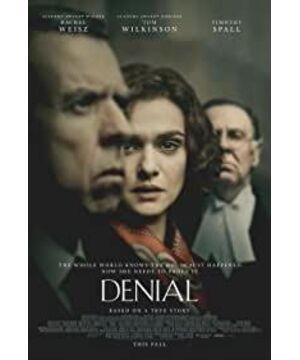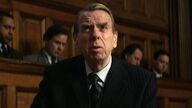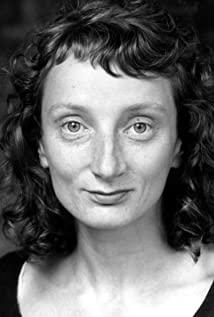This is a trial in which the protagonist is a historian about whether the Auschwitz Holocaust was real. While this is seen as a corroborated fact by many, there are still different voices denying it. Just as Japan denies historical crimes such as the Nanjing Massacre.
Interestingly, the forensics this time around did not rely on material digging or debate by historians. Instead, it is through the most objective and fair legal form, through the way of evidence collection by judges, to prove the existence or not of historical facts. The history of the Holocaust proved undeniable through months of trial and argumentation.
What struck me the most were the two passages in the film:
First: the significance of this case caused a relatively large response in the historical circles at that time, "Which historian is not thinking, can my results stand up to such scrutiny?" How many historians' works can stand up to this kind of review? legal review. The significance of this case for historians, or any writers of letters, is to be based on facts, to be responsible for their own writing, and to stand up to the scrutiny of history and law, including the public.
Second: Deborah said at the final press conference: "Now some people will say that the outcome of this trial threatens free speech. I do not accept that. I am not attacking free speech, on the contrary I have been Defend this freedom and fight those who abuse it. Freedom of speech means you can say what you want, but you can't lie and then expect not to be held accountable for your lies. Not all opinions are is equal, some things have happened, like we say they are missing happened, the black death happened, the earth is round, the glaciers are melting, Aysweis died...
The only thing that feels lacking is that, as a rational historian, the protagonist Miss Lipstadt is constructed to be such a sensual, emotional, and annoying female figure. This may be because she never trusts others and only relies on herself. What he was able to explain to her was that at the end he said in the press conference that I underestimated the value of a team.
There are also two interesting things in it. The lawyer insisted that Miss Lipstadt and the witnesses of the massacre could not testify in court, and all statements could only be made by the judge. Many people's interpretation of this kind of thing is "professional people do professional things." Maybe it is right, presumably friends in the legal profession have a deeper understanding of this.
View more about Denial reviews











